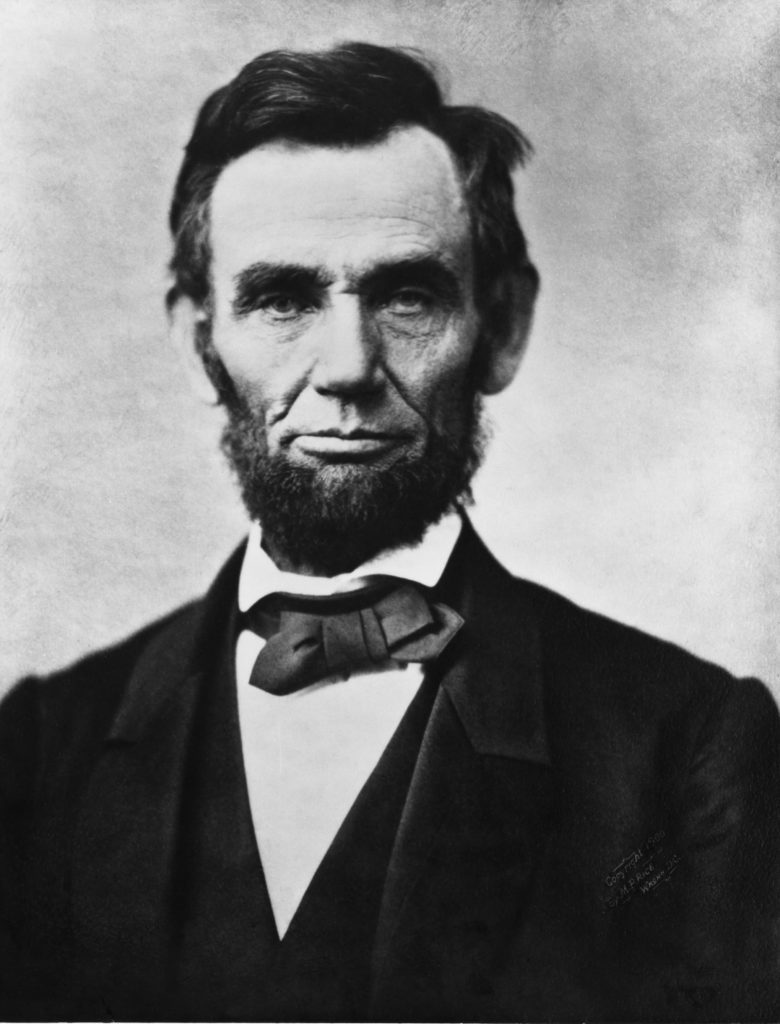By A. Altieri D’Angelo
There is no doubt that Abraham Lincoln, the 16th President of the U.S., and a Republican, would not recognize or support the 2021 Republican Party (the 2021 Party). The 2021 Party bears no resemblance to Lincoln’s party or his policies. (The 2021 Party is also known as the Party of Lincoln or the Grand Old Party (GOP).)
The GOP was created in 1854. Lincoln became its leader shortly after that. The Party of Lincoln initially focused on preventing the westward expansion of slavery into the new U.S. territories. Lincoln, however, had a grander ambition. His plan, once achieved, would completely transform the relationship between the government and its people. (And the 2021 Party would never have supported Lincoln’s plans.)
Lincoln was adamant that the U.S. must keep its promise of equal access to economic opportunity, as outlined in the Declaration of Independence. But there was an inconsistency between the Declaration and the U.S. Constitution. The Declaration of Independence asserted that American colonists had certain natural and legal rights, including a right to revolt and opportunity. Unfortunately, the U.S. Constitution did not speak of equal opportunity; it focused on preserving property rights. The Constitution essentially defined the limitations of the federal government; it stated what the federal government could not do, including limiting free speech and association. It left almost all other matters to the States. This delegation of power to the States created a barrier to achieving equal opportunity.
Slave-owning states created a society where a small elite managed the affairs of each state’s institutions. That elite believed that there should be a class of people that would do essential, tedious work at the direction and control of the elite. Such people (black slaves) would be uneducated and compliant; they would never be allowed to prosper or vote. Lincoln, however, believed that anyone who labors either for themselves or someone else had a right to choose to do the work. He also stated that such people (who he referred to as Free Labor) should have the opportunity to enhance their work product and prosper. The President believed that Free Laborers should be educated. He argued that labor and universal education needed to be combined if Free Laborers were to rise in society; this was a very progressive concept in the late 1850s.
(Can anyone imagine the 2021 Party arguing for universal education in 1860?) They are actively seeking to derail Biden’s Build Back Better Plan; that plan includes universal Pre-K.)
It is important to note, Lincoln hated slavery but could not justify including slaves as Free Labor. Slaves were considered property under U.S. law. Lincoln had to respect the law. However, during the Civil War, he enacted a law that provided that slaves could be taken from their owners by Federal soldiers because they were property. Such slaves were then freed or allowed to join the Union army.
Underlying Lincoln’s goal was his belief that the government had a responsibility to do whatever was required to provide equal opportunity. For example, in 1862, President Lincoln established the U.S. Department of Agriculture. The purpose was to ”conduct research and development related to agriculture, rural development, aquaculture and human nutrition in the most general and comprehensive sense of those terms”. Farmers represented over 50% of the U.S. workforce in the 1860s.
His administration also implemented the first national income tax (1861) and a federal banking system (1863).
In 1862, Lincoln also signed the Homestead Act over the objections of Southern States. The Act offered small family farmers the right to own 160 acres of government land. By 1865 some 15,000 farmers had Homestead claims in five U.S. territories. The Act was not perfect in that Native Americans were forced off their lands to make way for Homesteaders.
These measures expanded the federal government’s role in people’s lives, businesses and diminished state power. The 2021 Party continues to oppose any expansion of national power.
Perhaps Lincoln’s greatest legacy was the passage of the 13th Amendment, which abolished slavery. This Amendment, in and of itself, was an extraordinary accomplishment. But there is another aspect of this legislation that should not be ignored; the 13th Amendment added the concept of personal liberty to the Constitution and gave Congress the power to enforce its will. This new authority radically altered the balance of power between the federal government and the States.
The President would not attempt to justify or ignore a January 6th type insurrection.
Lincoln believed a national government must work for the people. The 2021 Party would certainly reject his views. Therefore, it is likely that Lincoln would choose to be a progressive Democrat in 2021.



















